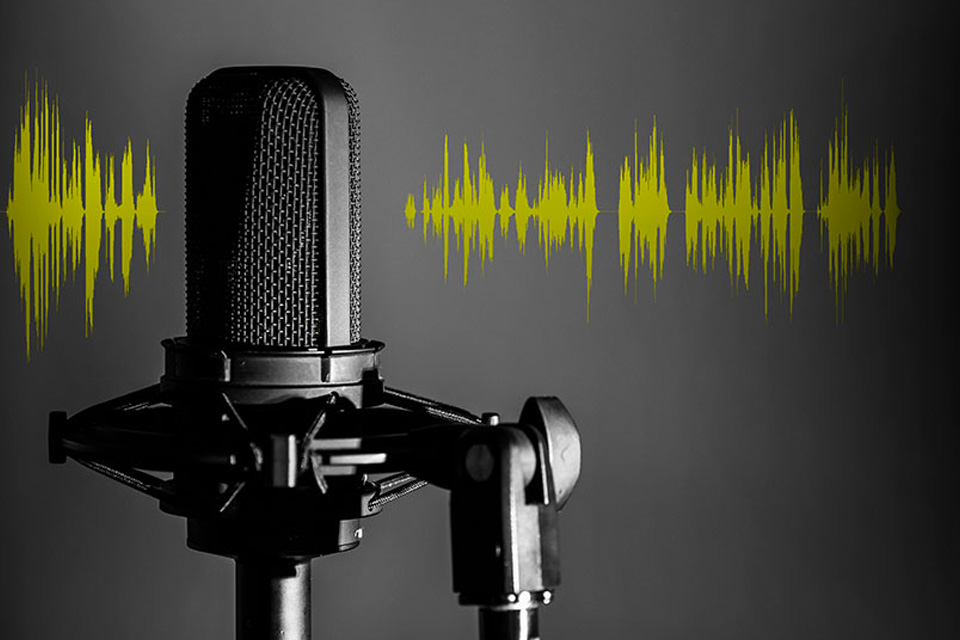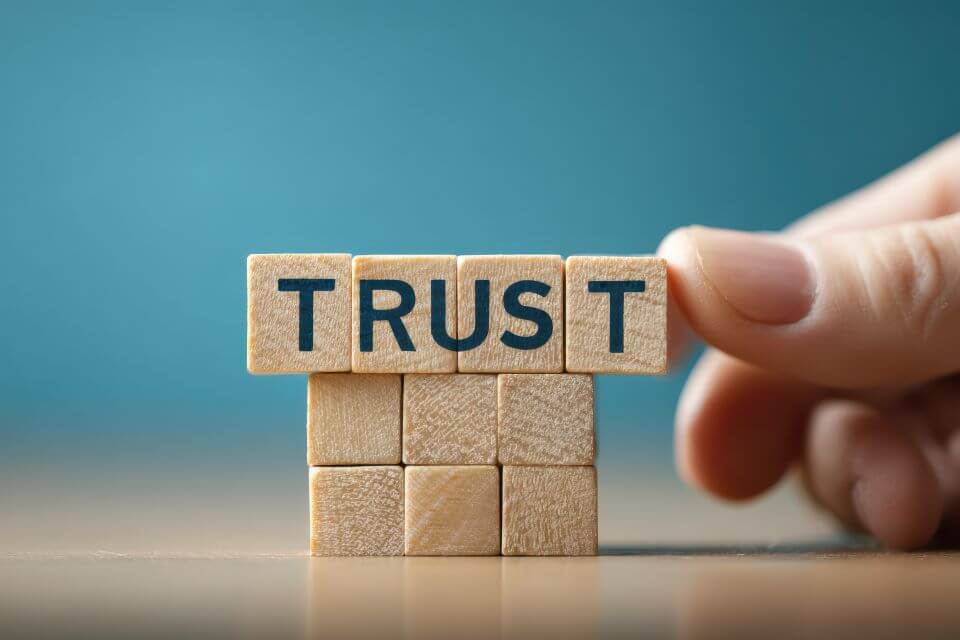As you’re developing your content marketing strategy, chances are you’ve added quite a few different things to your toolbox.
- You might write blog posts regularly.
- You might send out emails and newsletters.
- You might add content to your social media accounts.
But what about podcasting?
According to a recent survey from Edison Research and Triton Digital, more than one-third of Americans listen to podcasts regularly. Thirty-nine percent of men and thirty-six percent of women listen monthly, making podcasting a well-balanced medium for reaching out to a potential audience.
Still, podcasting sounds complicated and complex. You might not be sure of where you should start. Or maybe you’re just wondering how impactful it will be as a part of your content marketing strategy.
Think about your customer for a moment. Who are they? What do they want? What are they struggling with? What are they trying to solve?
Customers are looking for a specific result. They want a solution, and are looking for someone to fulfill their needs.
That’s the purpose of content. It ensures your target finds you when they’re looking.
That’s what the marketing process is all about.
What is the purpose of content in a content marketing strategy?
Before we dive into podcasting, it’s important to understand how content helps you attract more customers.
Content marketing is used to attract a specific target audience, and develop a way to engage with them over time. By using content you develop, you’re honing in on what they want and need. You’re striving to inform or entertain them enough that you change their behavior and enhance their lives enough that they choose to take the next step with you.
It can be as simple as reading blog posts, or liking one of your groups on social media. That first step opens up the possibility of continually connecting with them over time.
In some cases, it can take hours, days, or even months to convert a customer and get them to take action. Every little step they take allows you to develop the relationship.
Now imagine the difference between a tweet of 280 characters on Twitter, versus a 30 or 60 minute podcast episode. Imagine how much more impact your message can have.
Your first step: giving them the content they want
Like all of your content, just throwing it out there won’t necessarily get you results. If you’re ready to start podcasting, it’s important for your content to be well-researched and well thought out.
This means getting to know your customers on a deeper level. Who are they? What do they care about? Why should they trust you?
It goes deeper than that for you too. Why do you want to build a long-term relationship with your customers? What do you hope to teach them? What can you bring to the table?
Ultimately, this is about building your expertise. This is about providing you are the go-to person in your field. You’re providing the information to build trust between you and your customers.
This is also about convenience. Some people love to watch videos. Some people consume best in audio format – plug it in and listen while doing other activities. Still, others enjoy sitting down and reading. This is another benefit of podcasting – you can release all three in record time.
Record a podcast in video format. It can easily be converted to audio only. You can also create transcripts, which give people the option of reading it instead, or using it later for notes. Your transcripts can also be a boost for SEO – it adds valuable content to your website.
Dig Deeper
What’s Your Bounce Rate?
What Bad Web Content Is Costing You
But is it difficult?
One of the reasons podcasting has seen tremendous growth over the last few years is because of its low barrier of entry.
Think of what it used to cost to produce a radio show. You needed expensive equipment. You needed a state-of-the-art studio. You needed connections just to get your show on the air.
None of that matters with podcasting. Many podcasters today got their start with nothing more than a laptop – they recorded it with the internal audio, video, and microphone. Of course, you can get more sophisticated as you’re ready to grow. But the point is you can do it with so little.
You need a good recording software program. Tools like GarageBand can do the trick. Again, you can grow and get more sophisticated over time, but your computer comes well equipped with what you need for your very first recording.
The final item involves distribution. You’ll need a way to get your podcast out to the masses, so finding a podcast hosting platform is mandatory. Distribute your episodes to platforms like Apple Podcasts, Spotify, Stitcher, and more. That’s it – minimal costs and time commitment to get started on your podcasting journey.
Getting more sophisticated with your content creation
If you have a content marketing strategy already in place, you know how difficult it can be at times coming up with new content ideas. It’s quite easy for your team to sit and stare at the screen, wondering what to create next.
Podcasts give you another avenue to engage with your target market and develop ideas your audience will love.
Maybe you interview an expert for a podcast episode. That one 30 minute segment can fuel all sorts of ideas. You can use the main talking points for new articles, videos, infographics and more. It can even give you ideas on who to invite on your podcast next.
Watch what your audience has to say. What comments do they leave? What questions do they have?
Take those talking points and use that to build your next programs. It allows you to create series where you deep-dive and go in-depth on certain topics.
It may even fuel future ventures, products, or services – things you never even considered before.
What’s your next step?
It starts with an idea.
If you’ve never considered podcasting before, maybe now is the time. You can start by listening to a few and taking notes.
Head over to one of the popular podcasting platforms – Apple Podcasts, Spotify, or Stitcher. Find a few you’re interested in and start listening. What ideas can you come up with for your own?
It all starts with a first step. How can a podcast change your content marketing strategy?




